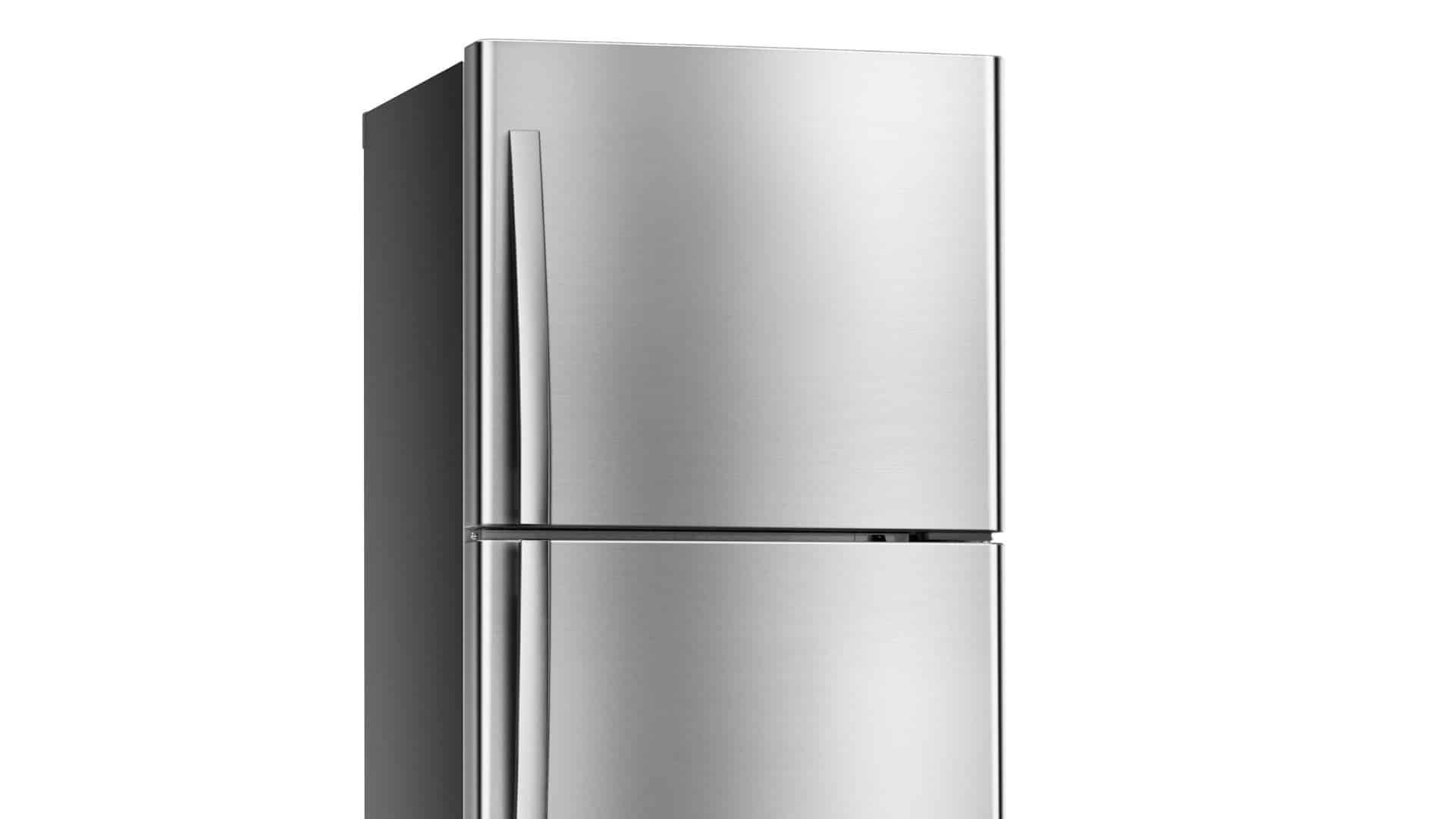
Have you ever started doing a few loads of laundry in a row before? Isn’t it so satisfying when your washer finishes washing at the same time your dryer finishes drying the previous load? Unfortunately, that might not always be the case, even if you start them within seconds of each other. If you are noticing that your washer seems to be lagging behind the dryer in terms of time, it may mean something is wrong – which will be your first thought, of course. However, it may just be conditional factors that are extending the time. Here is how you can tell what is causing your washer to have longer wash times.
Front Load Washers Take Longer
There is a lot of debate about whether a front load washer or a top load washer is better. Naturally, opinions are pretty split on both sides of the fence. However, one of the major complaints of front load washers, particularly those on the older end of the spectrum, is that they take longer than top-load models.
What will typically speed up the process in a top load model is that it comes with an agitator. This creates a wash motion that speeds up the process but is rougher with clothing. Front-load models do tend to get clothes cleaner and be more efficient while doing it by bringing gravity into the mix and using a gentler impeller-based wash. However, the cycles will generally take longer. If you have recently gotten a new washer and it is a front load model, the wash cycle will take longer by design so there is nothing wrong.
Using Too Much Detergent
A lot of people take the stance that more is better when it comes to laundry detergent. However, that is definitely not true. Detergent is a good aid to clean clothes, but you can be too liberal with the amount you use. What happens when you use a heavy pour of detergent is that your washer will take longer to rinse it out. Your washer comes with a sensor that detects when there is no longer any detergent in the water that is being drained away. Once it runs clear during the rinse cycle, the washer moves onto the spin cycle to wring out the rinse water.
Unfortunately, if you use too much detergent, the washer will take longer during the rinse cycle to remove those suds from your clothing.
Load Sense Technology
If you have a relatively new washer, longer wash times could be explained by the new load sense technology that is becoming increasingly popular. This technology works much like how it sounds. The washer weighs the items put inside and adjusts the cycle according to what it senses. So if you are washing heavier items, like a bunch of blue jeans, the cycle may take longer. Alternatively, a load of light delicates may be finished faster than you expect.
What typically can mess this up, however, is if you put in clothing of different densities in. What most owners do is they sort their laundry by color rather than density. So they may toss in a black bath towel with their load of darks. A towel may feel pretty similar in weight to a shirt while dry, but it becomes much heavier when wet. While the initial sense may not detect a weight that needs a longer wash cycle, but when water is introduced and that towel gets wetter and heavier, it will adjust the cycle. This period of adjustment not only adds on more time in and of itself, but it will also choose a longer cycle to wash on.
This ultimately promotes effective washing, but it will take tons of time. However, you can prevent it by taking the density of the cloth into consideration when doing loads of laundry. One heavy item can really extend what should be a perfectly normal length wash.
Malfunctioning Load Sense
If you have become very diligent with clothing density when loading your washer, but it still seems to be taking forever, then the load sense may actually be malfunctioning. When this happens, it will likely stick to either very long cycles or very short cycles rather than actually adjusting. You will want to get this handy tool investigated to get your clothing optimally clean.
You should also be aware that faulty load sense can also be an indicator of other problems with the control board. This is an issue that you will want to best leave to a professional when it comes to repair and replacement. Some control board issues require some testing in order to make the right repair. It can be a lengthy headache that you don’t want to deal with.
Faulty Water Inlet
The water inlet valve is what allows water to be pumped into your washer. If it is malfunctioning or not getting enough water pressure, it will take longer for your washer to fill. As the washer may not start until the fill sensor detects enough water inside, this could be awhile if you are having problems getting water into your washer.
If you have recently turned off the water to your washer, you will also want to check if the valves are open all the way. This can affect how much water gets to flow into the water inlet valve. If that checks out, you will next want to test the solenoids on the water inlet valve to see if they are functioning. If they prove faulty, you will need to replace the whole part.
If you have hard water in your home, you will also want to check the filters in the water inlet valve. These can become blocked with mineral content. If this is the case, there is a decent potential that there is mineral build up inside the actual water hoses as well. You will want to replace these and consider getting a water softener for the sake of your appliances. Hard water can essentially cut the lifespan of water-using appliances in half with mineral build up.
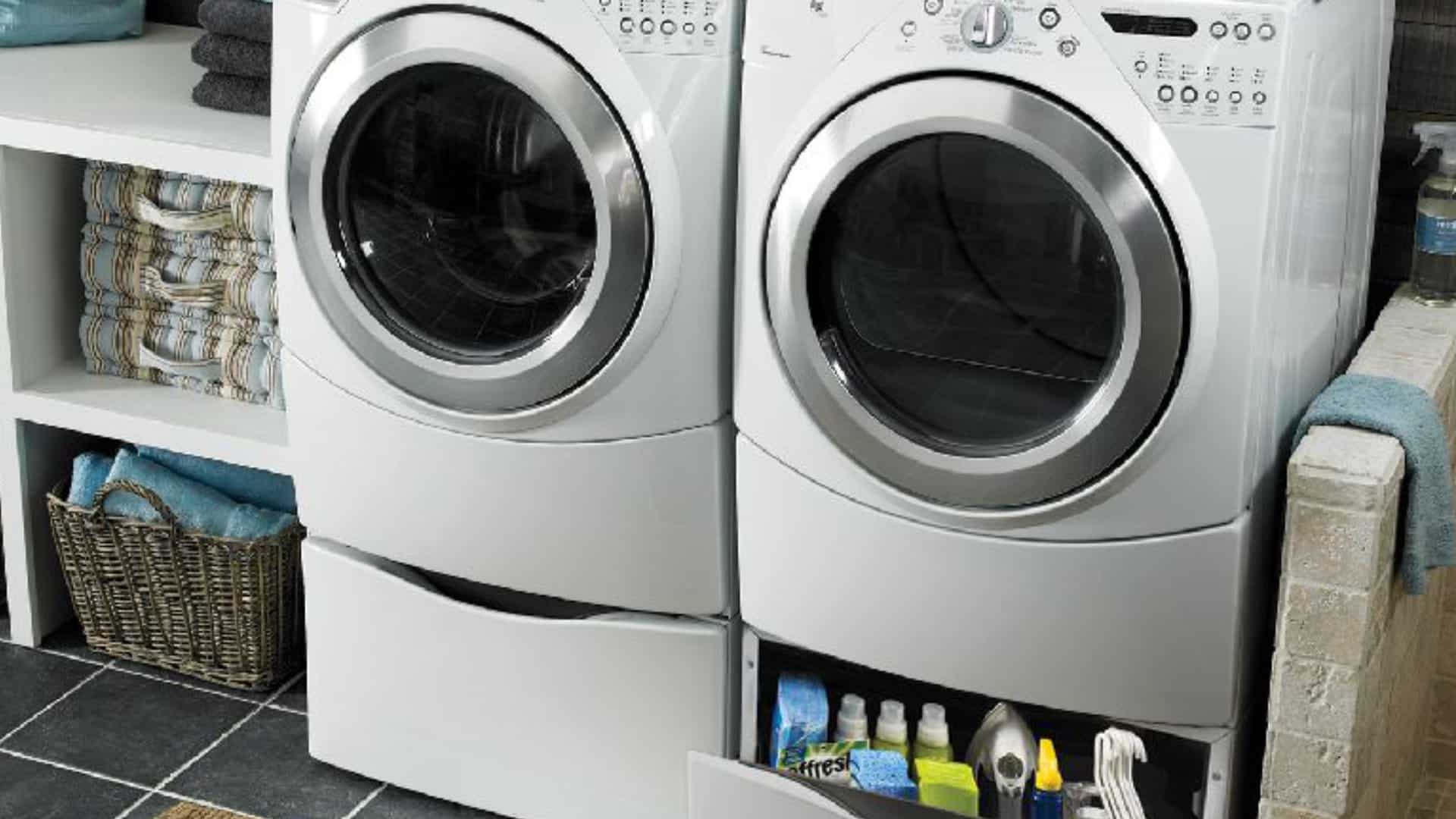
How to Fix the Whirlpool Washer F9 E1 Error Code
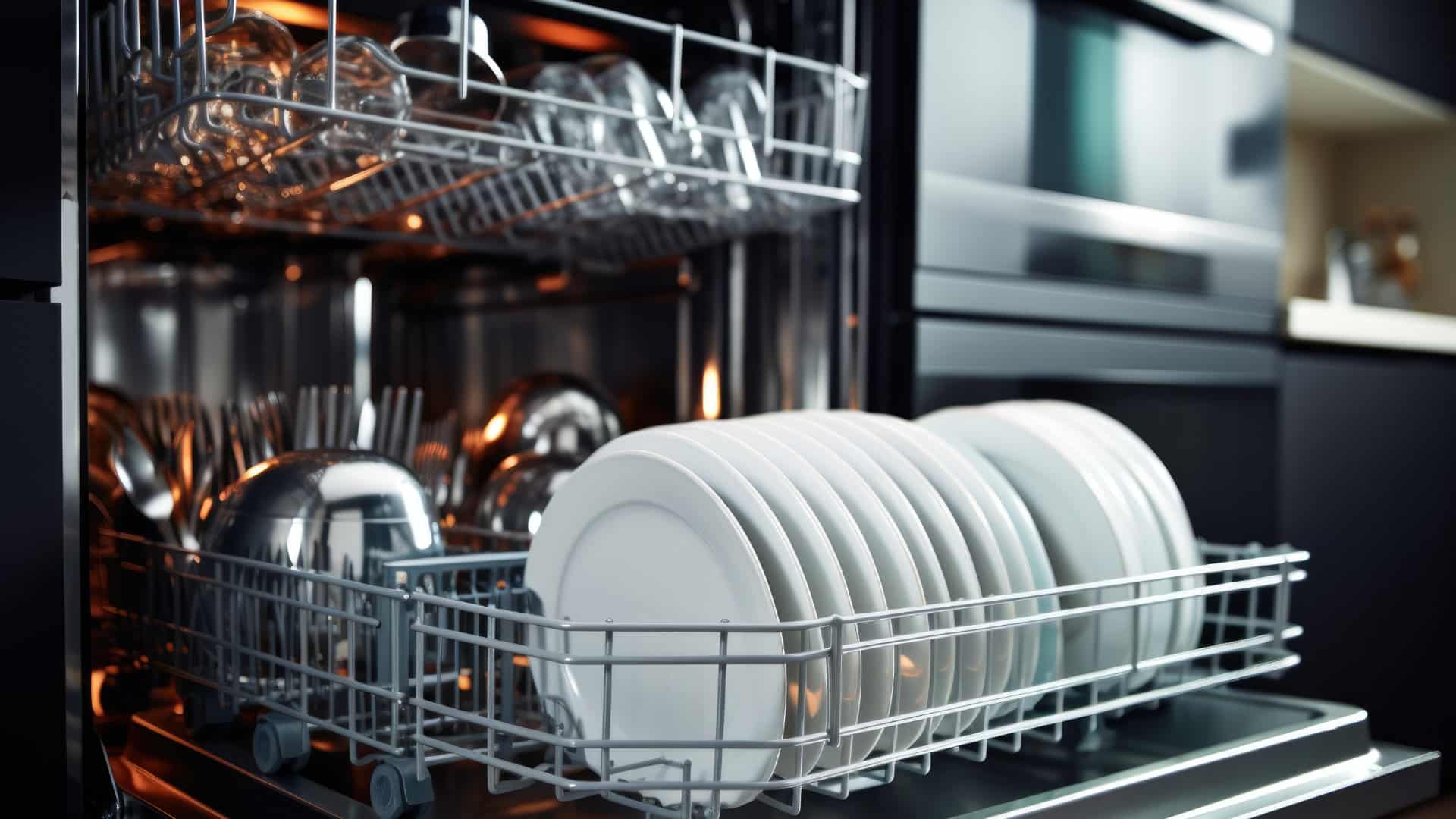
How to Solve Frigidaire Dishwasher Lights Blinking

Resolving the LG Washer UE Error Code (3 Easy Fixes)
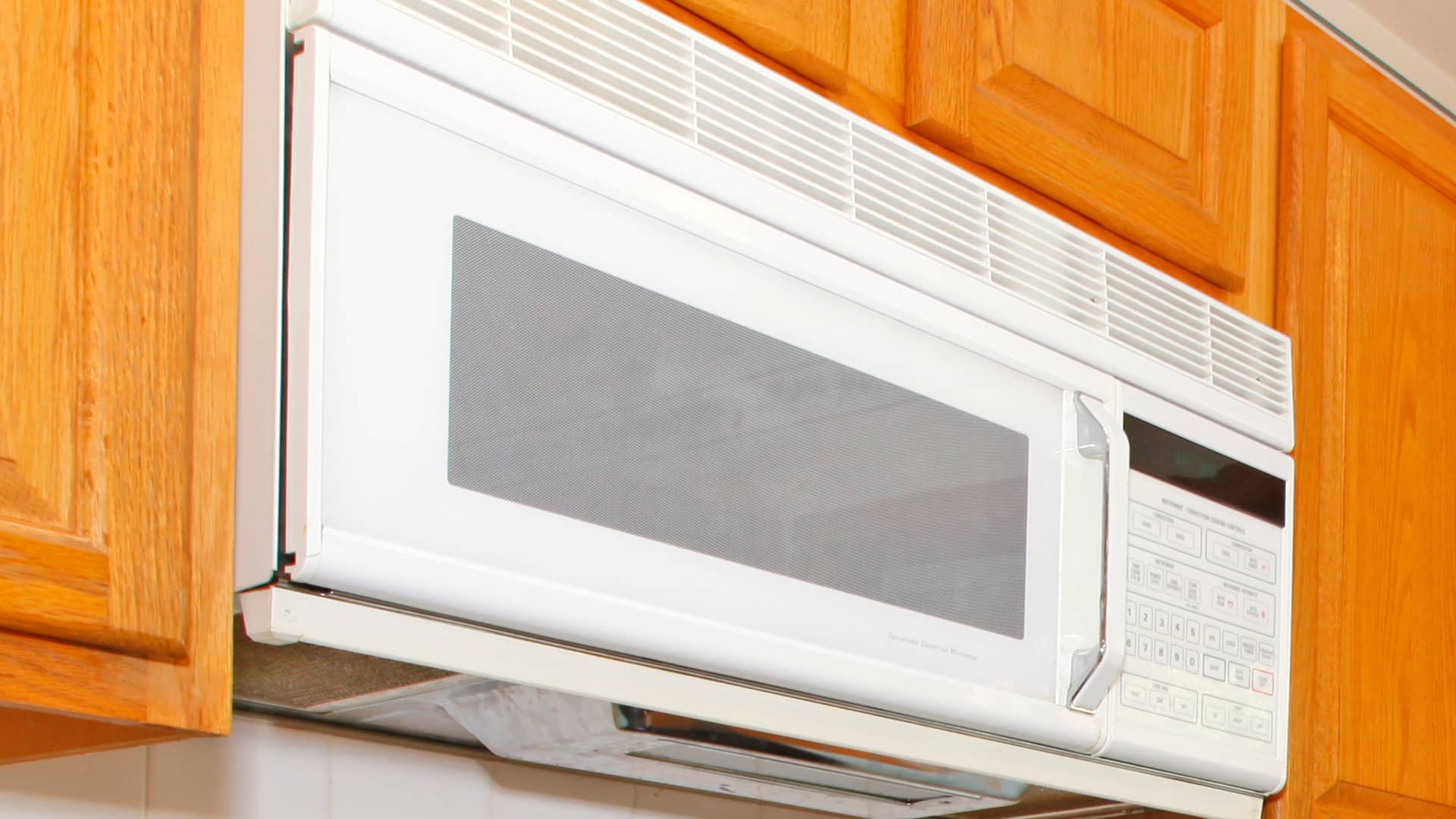
Replacing an Over-the-Range Microwave with a Range Hood
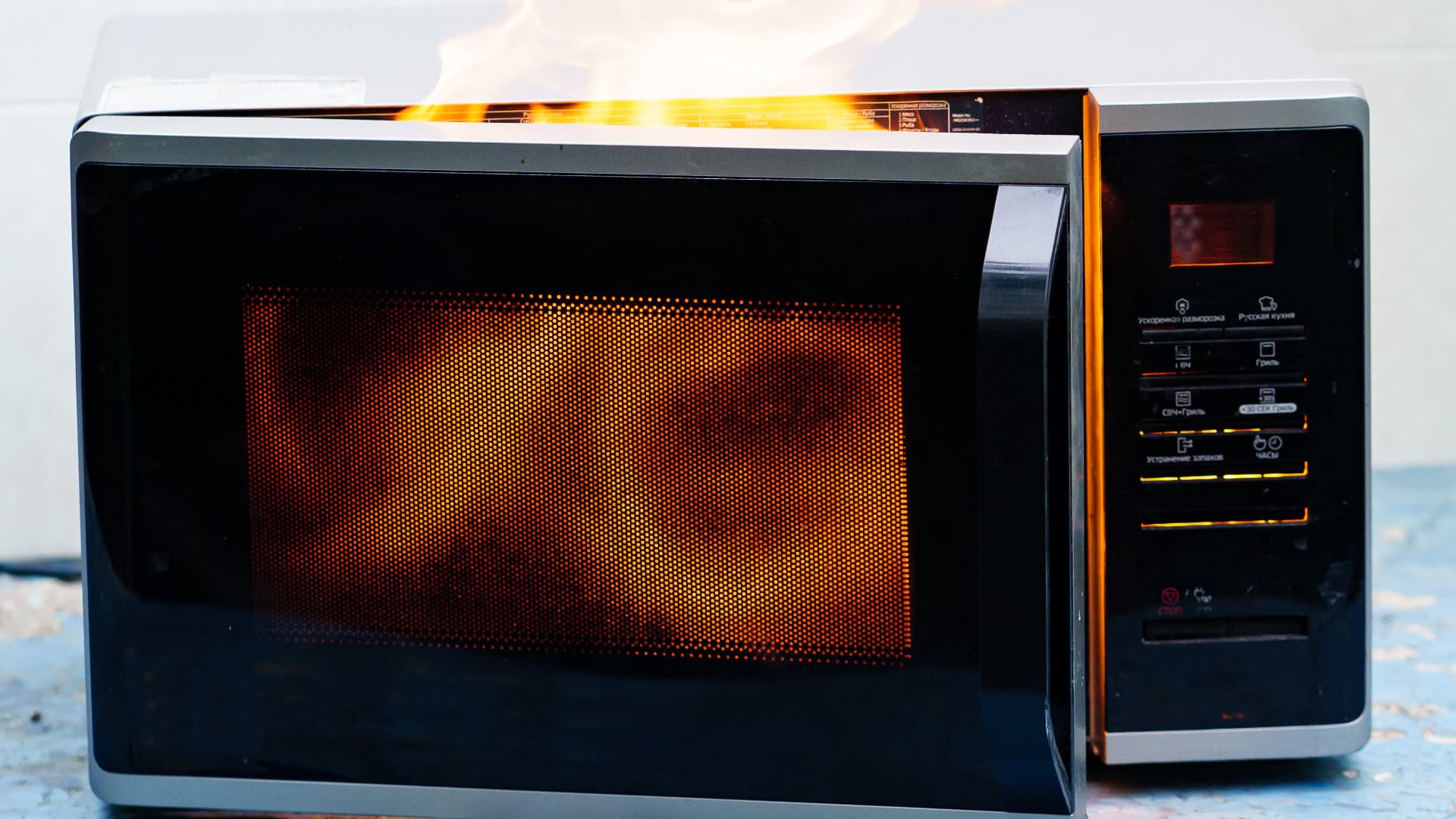
How to Get Burnt Smell Out of Microwave (In 2 Easy Steps)

7 Reasons Why Your Bosch Ice Maker Is Not Working

Why Does Your Self-Cleaning Oven Smell?
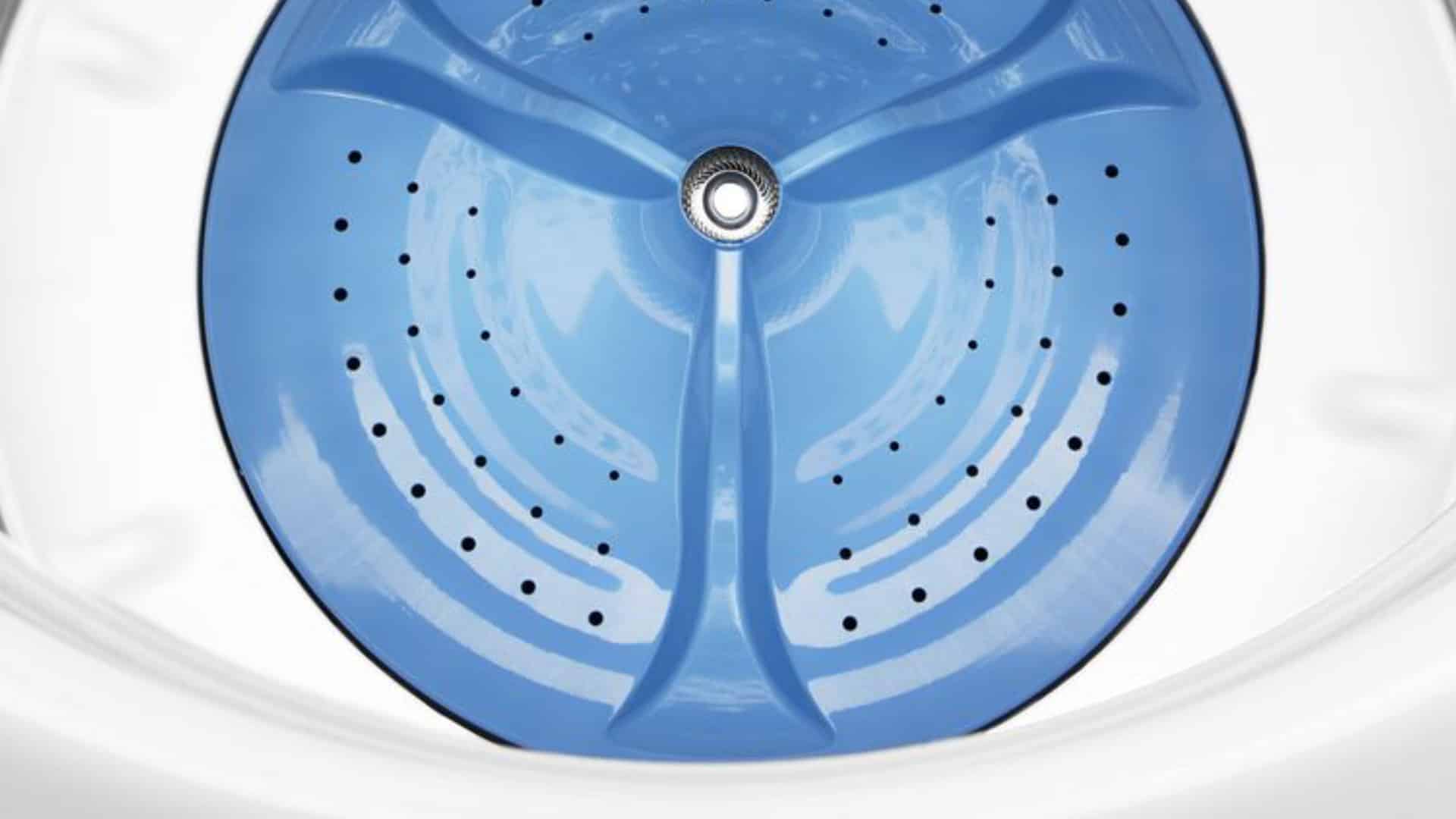
Why Is Your Whirlpool Cabrio Washer Not Spinning?

Why Does My Refrigerator Make Noise?
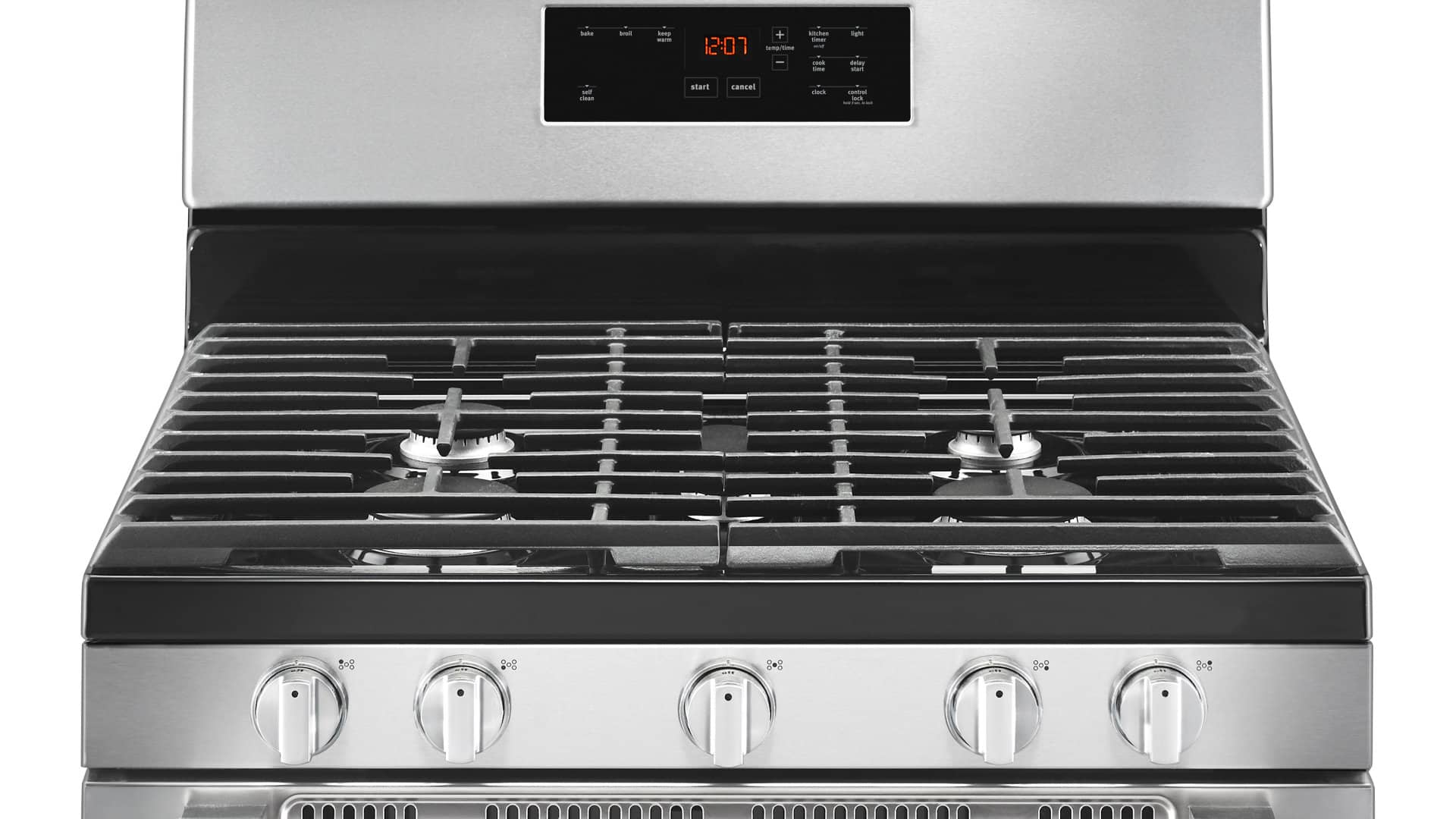
Troubleshooting the F2 Error Code on a Whirlpool Oven
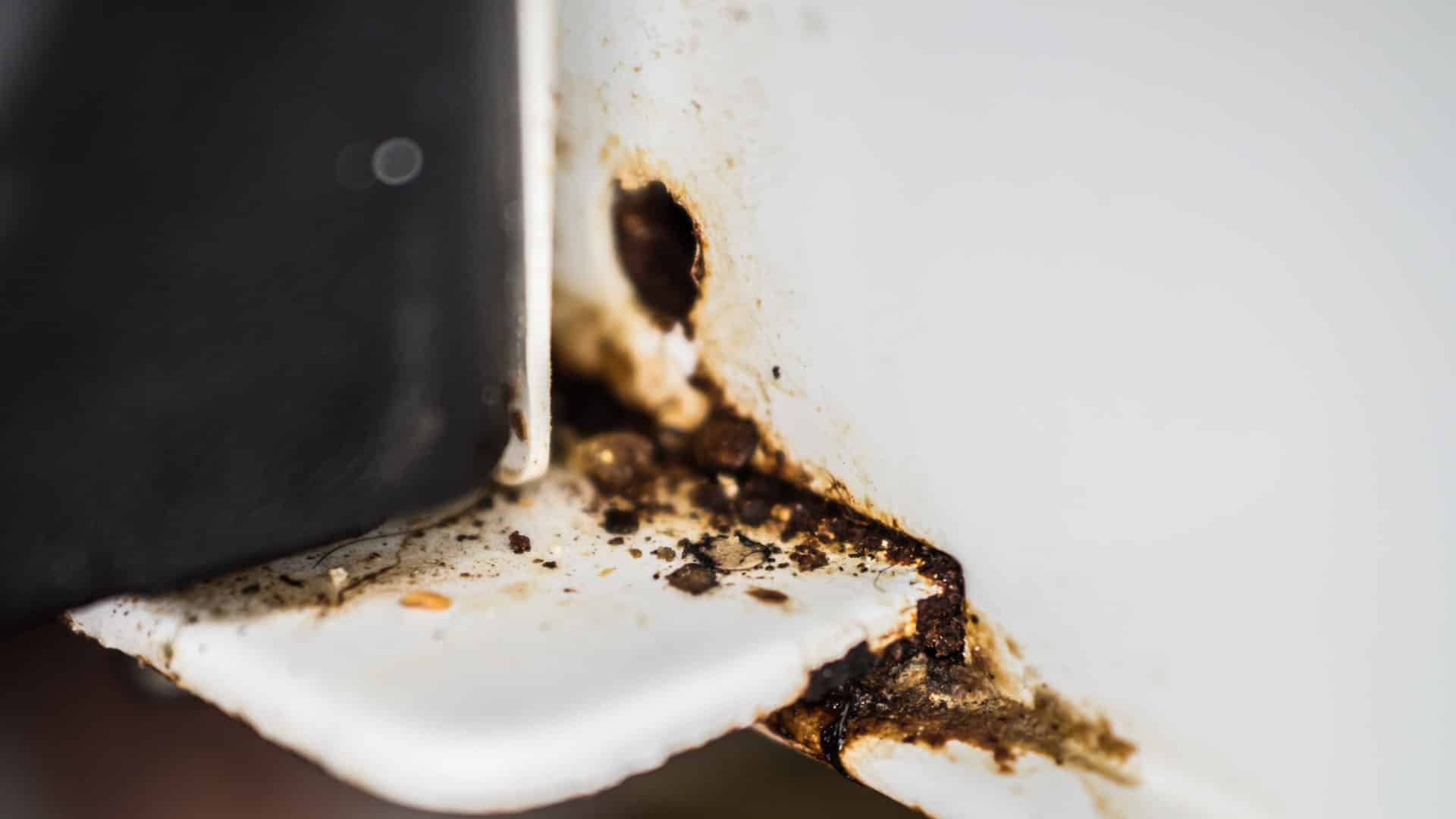
Rust Inside Microwave: Causes, Fixes, and Prevention Tips

4 Ways to Get Smell Out of Dishwasher

7 Steps to Fix a Whirlpool Oven Not Heating
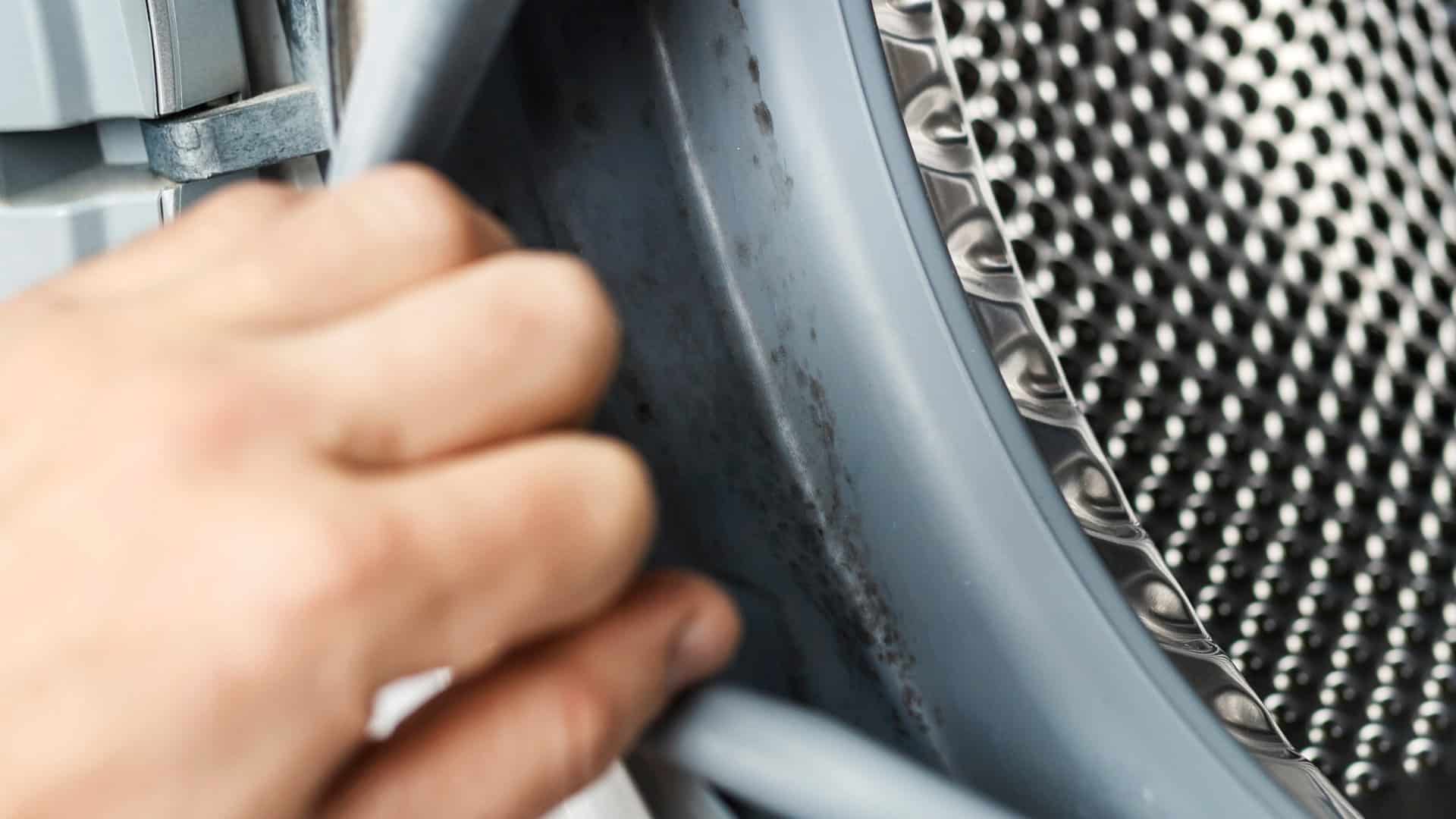
What to Do When Your Washing Machine Smells Like Rotten Eggs
